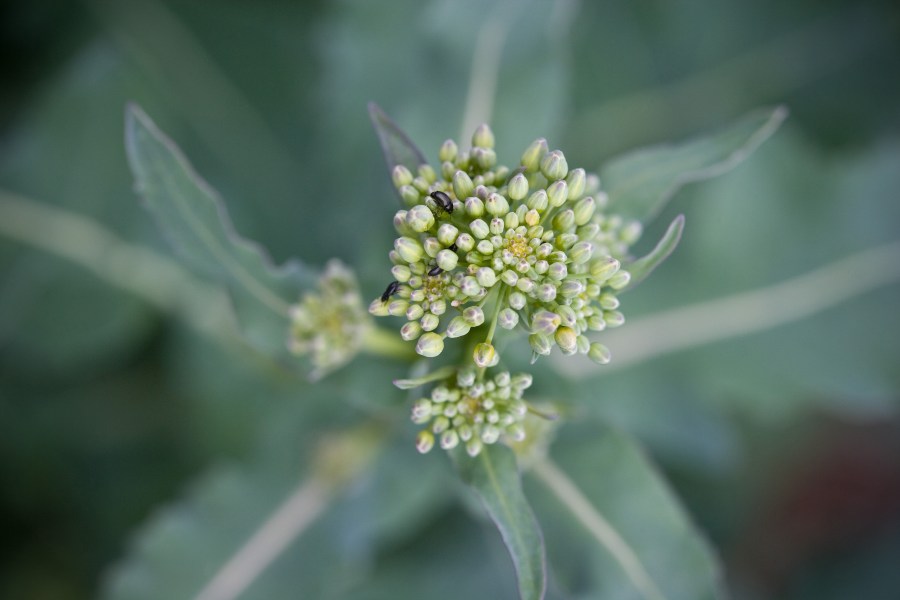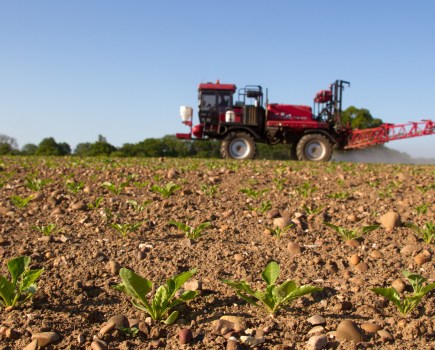Growers have until 3 Feb 2021 to use up any remaining stocks of the foliar insecticides Biscaya and Calypso (thiacloprid) after the Chemicals Regulation Division confirmed the end of sales date of the 3 Aug 2020 for thiacloprid-containing products. Charlotte Cunningham reports.
The announcement from CRD follows the decision by the European Commission not to renew approval for thiacloprid on the 13 January this year.
The decision to not renew thiacloprid was met with disappointment by Bayer.
“Calypso has been the cornerstone of pest control in apples, soft, cane and stone fruit and Biscaya has protected broadacre crops against virus-carrying aphids for many years without posing a danger to human health or other non-target organisms such as bees or parasitic wasps.
Yet despite no other means of controlling those vectors resistant to carbamate and pyrethroid insecticides, thiacloprid has been lost,” said Edward Hagues, root crop product manager for Bayer.
“We have worked extensively to provide the Commission with the information needed to make a reasoned judgement, but unfortunately the basis for such decisions means unless conclusive proof can be obtained, it will follow the precautionary principle that seeks to avoid potential hazards,” he added.
Additional measures
In communicating the use-up and end-of-sales dates to Bayer, CRD requested that it publish details of additional measures growers should adopt as a matter of good practice.
The measures are voluntary and seek to reduce the risk to operators and beneficial insects, specifically bees. Details can be found on the Biscaya and Calypso product pages of the Bayer website.
After this last season for thiacloprid, protecting crops such as potatoes and field vegetables against viruses will become more complex as integrated pest management strategies evolve to consider novel means of control, adds Edward.
“Bio-insecticides such as FLiPPER will undoubtedly form a bigger part of future IPM strategies, but to be truly effective they need to be used in combination with conventional insecticides. Constructing programmes that combine conventional and biological products to good effect are a work-in-progress.”




